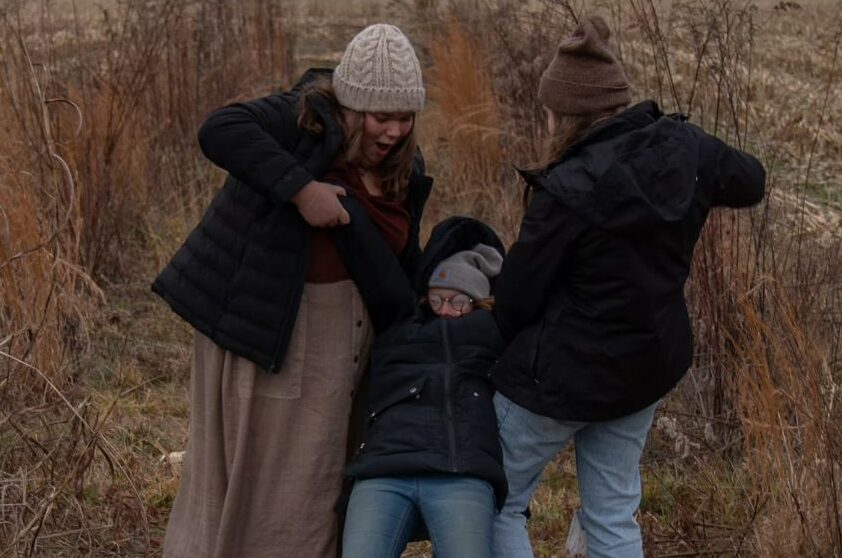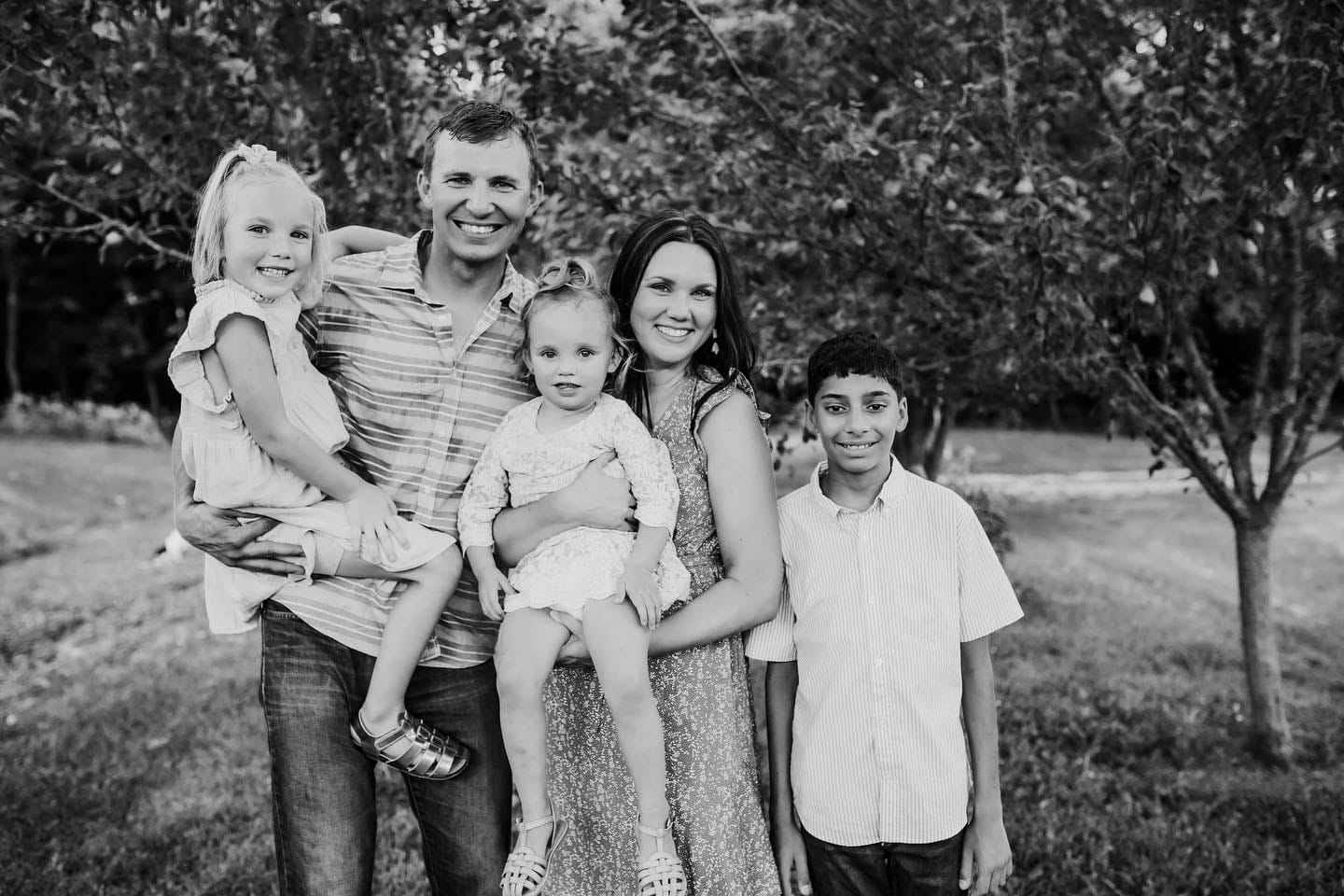We’ve teamed up with Wellon Bridgers, adoptive mama of Leila and Daniel, who you might have seen here.
If you’ve watched the Bridgers’ documentary, or listened to their podcast, then you know their story. You know they almost ended up with two boys that had biological parents who wanted them. Below you will find some incredibly important questions to begin asking yourself and the organization from which you adopt. These questions are beyond questions for your adoption agency, but ones for the very childcare facility, orphanage, or facilitators in country.
ORGANIZATIONALLY AND IN COMMUNITY CONTEXT:
1. How did your organization get started? How did you come to work in this organization?
2. What do you see is the biggest need in your community? How do you see your organization addressing that need?
3. What does a typical day look like in your home? How do you ensure that your children are receiving the best possible care?
4. How do you go about accurately attaining and verifying a child’s social history?
ADOPTION VALUES AND PRACTICES:
1. What is your view on family reunification and what guidelines do you use to determine when a child should be reunified?
2. What factors determine a child’s eligibility for adoption? Under what circumstances would you reconsider a child’s eligibility for adoption?
3. What is your view on local adoption or foster care?
4. What motivates you to engage in international adoption?
5. What concerns do you have regarding international adoption?
6. What are your expectations of families following adoption? What opportunities do families have to partner in ministry?
7. How many partnerships with adoption agencies do you have? Tell us more about these partnerships.
And a few question we learned by living in a developing country:
1. Can I see a copy of your financial records?
2. If I were to hire an investigator to look into the answers you’ve shared with me would he she find out anything different than what you’ve said?
And then we suggest to hire a private investigator. Most large cities have them; it might take a while to find one or find one that will travel to the region your child is from, but it is worth it. It is worth knowing before you get to far along in the process that your child is in true need of being adopted. There have been families that have arrived for ‘gotcha day’ even after years of viewing the adoptive child as their own, only to find out while in country that the child they were trying to adopt was trafficked and wanted by their biological family. Discerning and validating the accurate social history of a potentially adopted child is not just a good idea; our morals and ethics must demand it.
The world of orphan care is as messy and complicated as the reasons for the orphan crisis itself. Bad players exploit the vulnerable for selfish reasons and adoptive families and even agencies often become unknowingly complicit to these schemes. We HAVE to see this side if we are going to truly impact the orphan crisis for good. But the story doesn’t end there. There are organizations that truly seek to love and help children in ethical, sustainable and life-giving ways.
Stay tuned for tomorrow’s post about an organization we’ve met who is doing it right!



